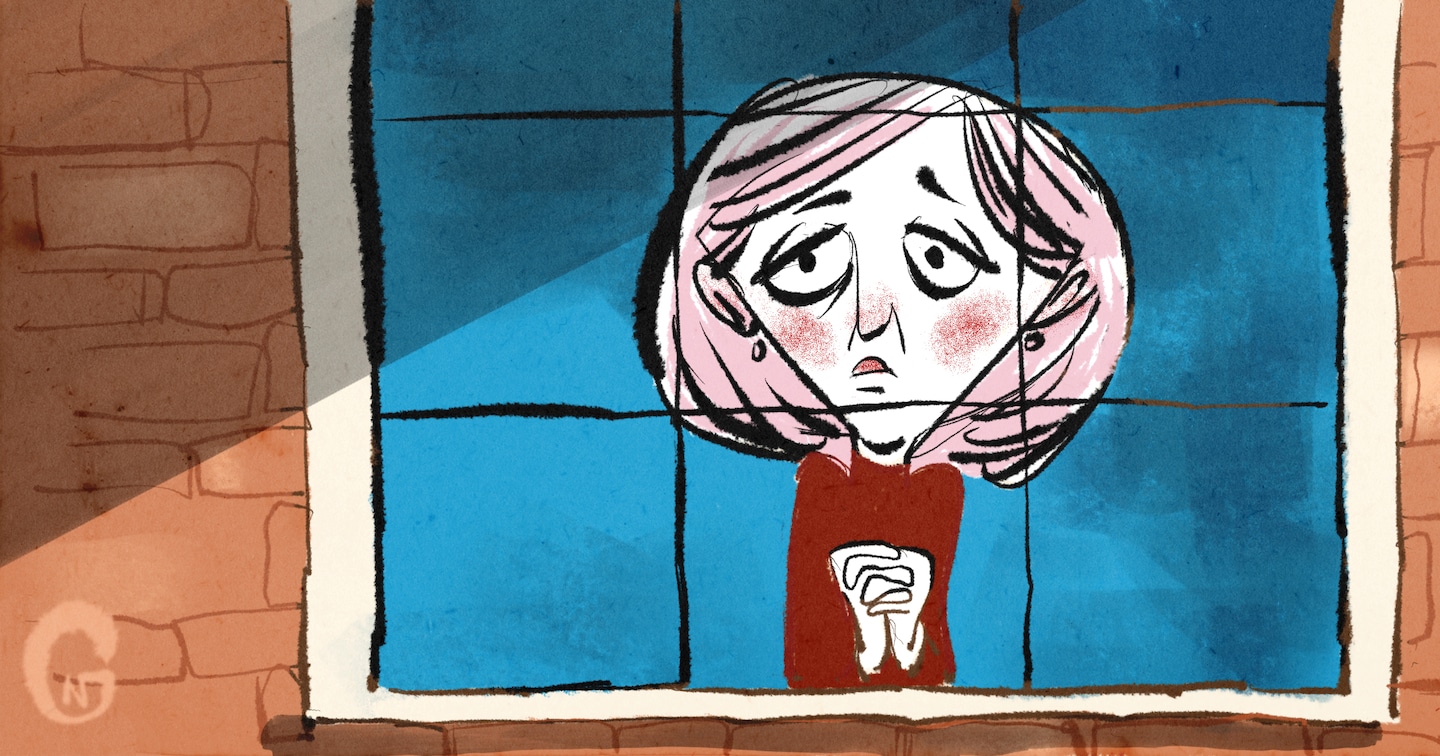But how do I cope with the wild mix of feelings I’m having? He’s dealt with some mental health issues in the past, so of course I worry about that cropping up again, and I’m very prone to anxiety in general. His dad and I are divorced, son has no relationship with his dad (due to abuse), and he’s an only child.
Again, I love him and believe that he should enjoy his life, and I would never want to guilt-trip him into staying close to me. I want to continue to be supportive, but I need to know how to deal with my emotional roller coaster.
Potential Empty Nest: There’s actually a very simple framework: You deal with your emotional roller coaster in your own time and space. No bringing your son into it.
That leaves you all kinds of options: counseling — for the anxiety, if nothing else — self-care, cultivating new or existing interests, happy distractions, more time with friends, a meditation/yoga/walking practice, volunteering so your nurturing impulses have something to occupy them. Or combinations of these.
There are as many answers as there are people trying to cope. But what the healthy ones have in common is that you don’t make your son responsible for your well-being.
Plus: Your “nest” stopped being one when your son became an adult, so even if he still lived with you, your role has been a different one for a while. Reflect on the ways you’ve pulled back and adjusted, and you’ll see this is less of an abrupt change than a point on the continuum. For both of you.
Be patient with yourself, too, since change is hard. It’s okay to miss him a lot.
· Also maybe plan to visit in six months for a weekend so you can reassure yourself he’s okay, see his home, where he likes to go for pizza. Maybe ask how often he’d like to call so you know you’re not pestering.
· What great self-awareness you’re demonstrating, making sure your own (very understandable) mixed feelings don’t become your son’s responsibility to manage. Just some appreciation from the adult son of an anxious, boundary-challenged mother.
Dear Carolyn: So I went ahead and found a therapist — after months of my talking myself into it. I felt almost giddy.
Now, though, I’m really getting nervous. I’m afraid the therapist will decide my biggest problem is self-pity and I should get over myself. Or, more likely, that my need to be cooperative and no-trouble-at-all will stall the process before it even starts. I’m stupidly close to canceling. I need to find a way to muzzle it long enough to get me to the first appointment.
— So Brave … Blah Blah Blah
So Brave … Blah Blah Blah: Don’t muzzle. As these come up, write them down. Call the list, “Things I want to deal with in therapy.” Let your doubts talk you into it, not out.
And, yes. So brave, for real.
· You set the agenda. You question what the therapist says to you. Your job is to show up. A good therapist will help you figure out the rest in a nonjudgmental, supportive way. If you don’t feel safe or don’t click, first tell the therapist. If it persists, keep looking.
